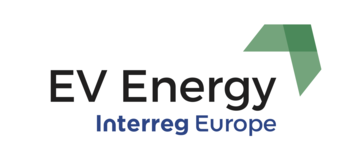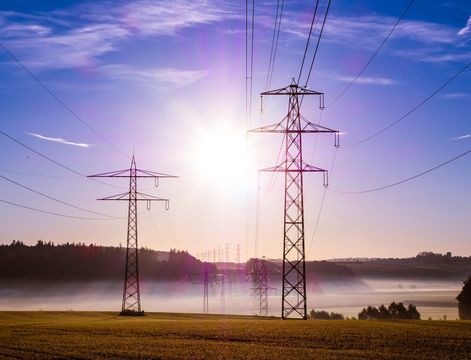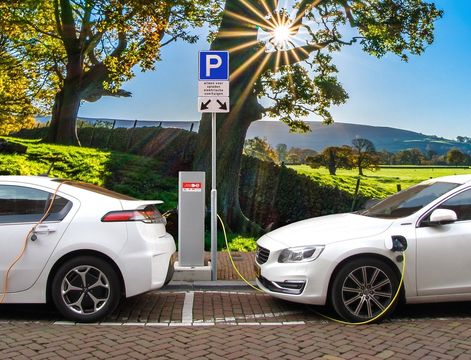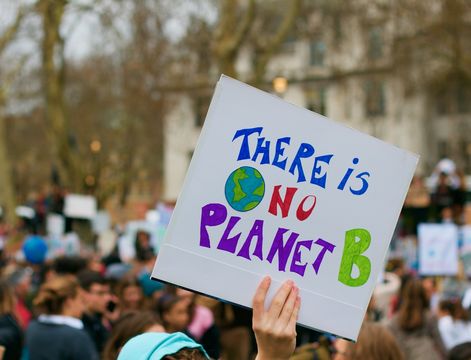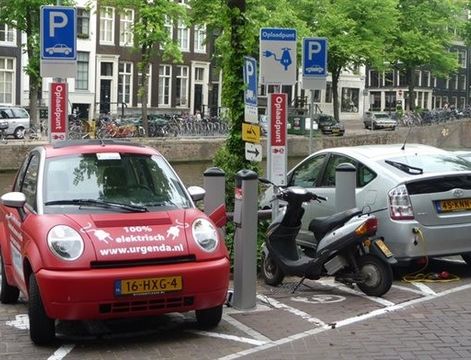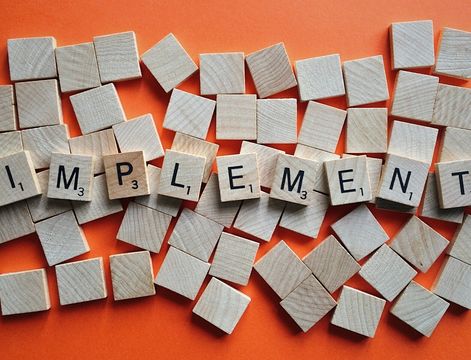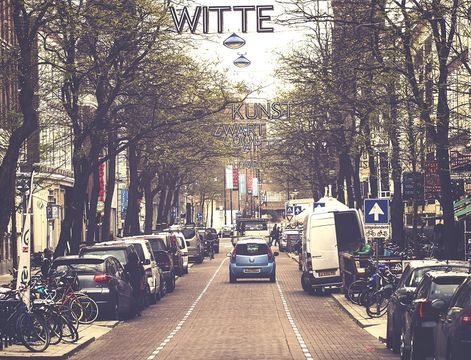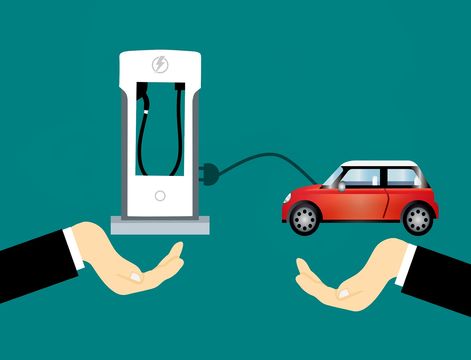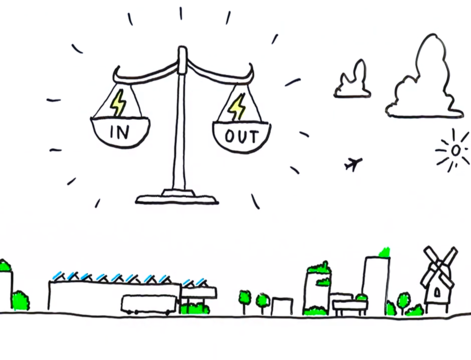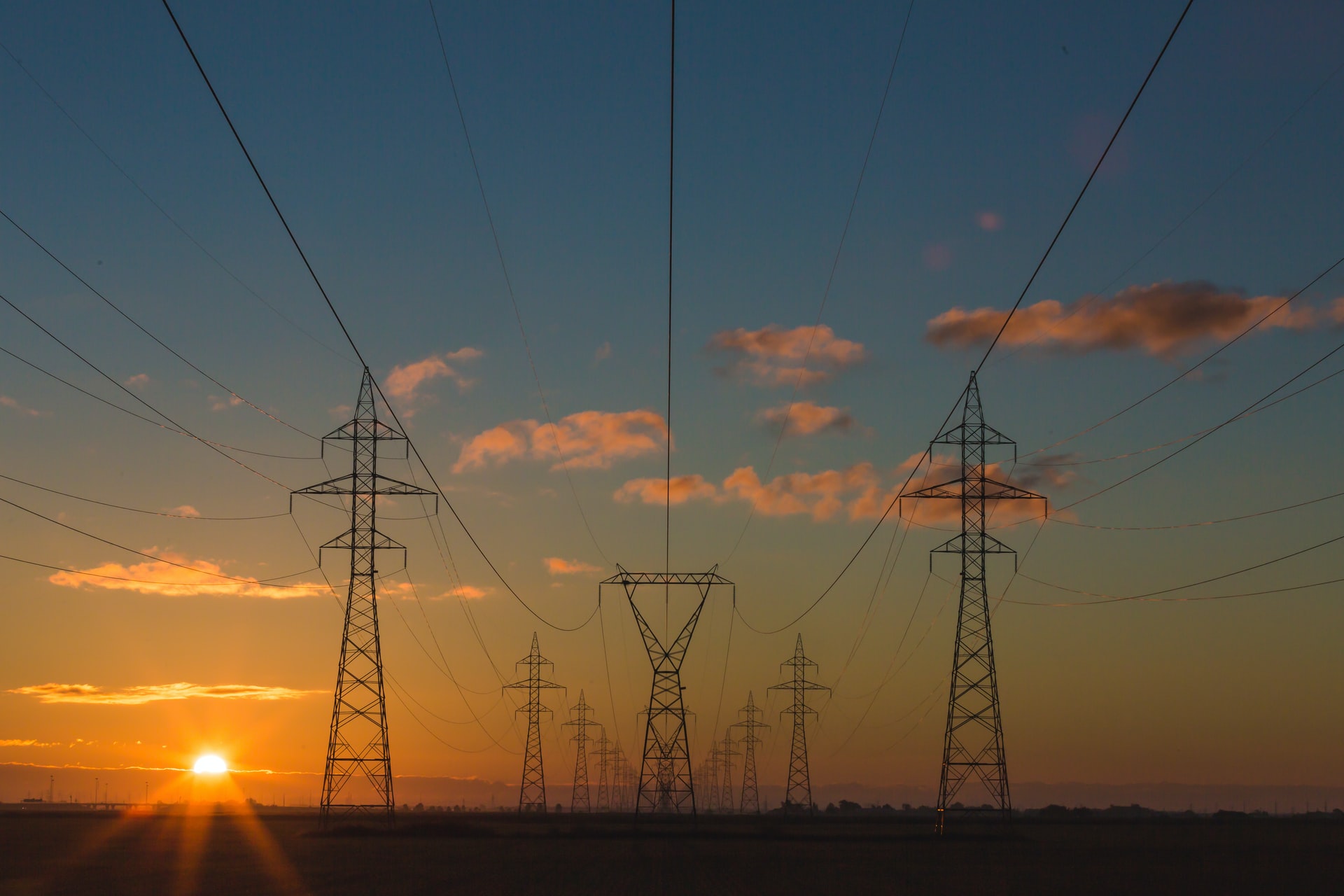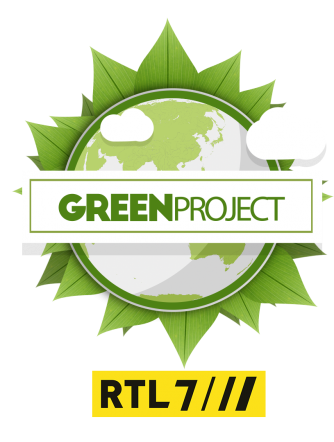Kaunas University of Technology, partner in the EV Energy project, held its 4th Regional Stakeholder Event at the Ministry of Transport and Communications of the Republic of Lithuania on 21 November.
The meeting gathered mainly political representative from the Ministry of Transport and Communications. Politicians presented the recent situation in the field of sustainable and electric mobility promotion in Lithuania and how this promotion is influenced by the exchange of experience of EV ENERGY project.
The main questions raised during the meeting were:
- What is the current situation in the field of sustainable and electric mobility promotion, and renewable energy sources integration in Lithuania? What is new in the legislation, political instruments, projects, inter-institutional cooperation?
- Is the Lithuanian Ministry of Transport planning any activities in Lithuania, which are attributed to the EV Energy project partners good practices and experience (e.g. Supporting Website's Sweden; PRIVEC Plan Barcelona or other good practices, which were presented during the meetings in Kaunas, Stockholm and Barcelona)?
Currently (December, 2018) about 900 EVs are registered in Lithuania, which is 50% more than it was in June, 2017. The EV charging infrastructure is also developing quite fast. In order to advance sustainable mobility and energy in Lithuania EV infrastructure development measures were implemented during the period 2014-2020. About 3 million EUR of EU structural support funds are used for the installation of charging infrastructure on state roads, highways, and local roads (municipalities). The target is by 2022 to have 28 high power charging stations on state roads and highways and about 100 normal power charging stations in municipalities. 40 normal power and 17 high power charging points have already been installed until now. On the internet, the Ministry has already helped to provide an access map of EV charging points for Lithuania.
The 4th RSE meeting aimed mainly to discuss how the good practice and experience from other countries could be adopted for the sustainable and electric mobility integration in Lithuania. The good news from the policy makers was that in order to stimulate the growth of EVs in Lithuania the new EV strategy 2030 will be prepared. The new EV strategy is based not only on the infrastructure development but also includes awareness raising, information, financial and other measures, which are stimulating the use of EVs and sustainable transport in general. It is important to mention that EV ENERGY good practices, which were presented during the meetings in Kaunas, Stockholm and Barcelona, were suggested as new measures for the strategy. such as supporting websites from Sweden, transport fleet electrification from Barcelona, and subsidies and different tax reduction mechanism from other countries were used.
For the new EV strategy preparation two groups were formed: One consists of high level policy makers – key players from different institutions (Ministry of Transport, Ministry of Environment, Ministry of Energy and Ministry of Finances). The other group is formed by experts. In the beginning of 2019, the expert group will prepare a plan and different measures, which are going to be suggested for the policy makers group for the final decision.
The representatives from Ministry of Transport expressed gratitude for the opportunity to participate in the meetings organised under EV ENERGY project. During the meetings, stakeholders got valuable practical information, which now is used for the improvement of sustainable transport policies and practices in Lithuania.
